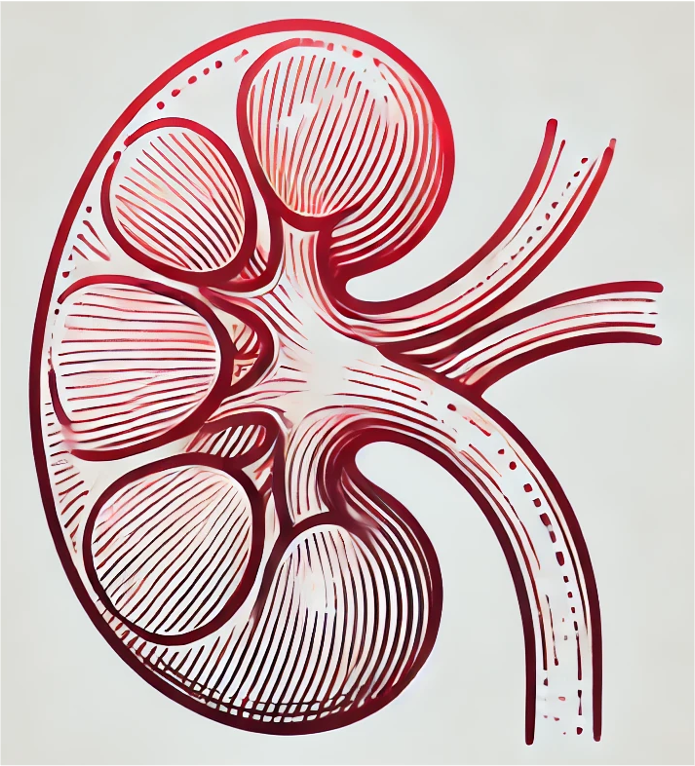Description
High serum concentrations of kidney-derived protein uromodulin (Tamm-Horsfall protein or THP) have recently been shown to be independently associated with low mortality in both older adults and cardiac patients, but the underlying mechanism remains unclear. Here, we show that THP inhibits the generation of reactive oxygen species (ROS) both in the kidney and systemically. Consistent with this experimental data, the concentration of circulating THP in patients with surgery-induced acute kidney injury (AKI) correlated with systemic oxidative damage. THP in the serum dropped after AKI, and was associated with an increase in systemic ROS. The increase in oxidant injury correlated with post-surgical mortality and need for dialysis. Mechanistically, THP inhibited the activation of the TRPM2 channel. Furthermore, inhibition of TRPM2 in vivo in a mouse model, mitigated the systemic increase in ROS during AKI and THP deficiency. Our results suggest that THP is a key regulator of systemic oxidative stress by suppressing TRPM2 activity and our findings might help to explain how circulating THP deficiency is linked with poor outcomes and increased mortality.
Overall Design
Compare kidney S3 proximal tubules from THP+/+ and THP -/- Mice
Curator
hy_li
